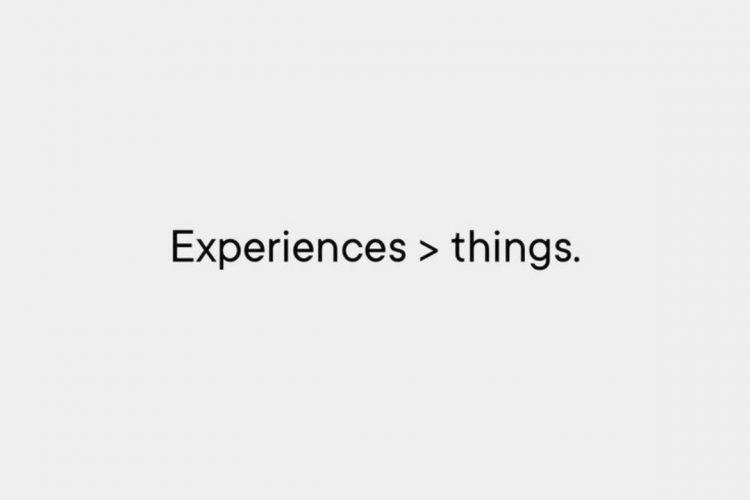In recent years, a fresh wave of minimalism has begun to ripple through modern economies, reshaping our values and consumer behaviors. This transformative trend is steering us away from the allure of physical possessions towards a newfound love for experiences.
The minimalist economy, as it’s now being dubbed, signifies more than just a shift in spending; it reflects a deeper change in societal values.
The “less is more” ethos of minimalism challenges the traditional narrative that acquiring more stuff equates to a higher standard of living.
Instead, it promotes the idea that life’s value is enriched by experiences, relationships, and personal growth.
- The Experiential Shift: The minimalist economy is underpinned by a preference for experiences over material possessions. Whether it’s a cooking class, a music festival, or a weekend retreat in a tiny home, individuals are seeking out activities that provide lasting memories and personal enrichment.
- The Sustainability Angle: There’s also an environmental conscience driving this shift. The burden of overconsumption on our planet is well-documented. By opting for experiences over things, we are inherently supporting a more sustainable and eco-friendly economy.
- Digital Nomadism: Enabled by technology, many are embracing digital nomadism, unshackling themselves from physical belongings and the conventional 9-to-5 routine. This lifestyle prioritizes experiences and flexibility over material accumulation, further fueling the minimalist economy.
- The Marketplace Response: Recognizing this shift, businesses are adapting to meet the evolving demands of consumers. The rise of platforms like Airbnb Experiences, and the growing popularity of minimalist brands echo the market’s response to this experiential shift.
- Community Over Commodities: The minimalist economy fosters a sense of community by promoting shared experiences. Community-driven platforms and sharing economy models are flourishing as people discover the joy in sharing and connecting over common interests. Case in point is my flourishing room rental business which transforms a house into a shared living space that offers built-in community and flexible model that allows tenants to stay a few months or a few years.
- Mental Health and Well-being: The emphasis on experiences over material possessions also aligns with a broader societal focus on mental health and well-being. Experiences, especially those shared with others, contribute to a richer, more fulfilling life, supporting our mental and emotional health.
The minimalist economy is not just a passing fad; it’s a reflection of evolving societal values, an acknowledgment of environmental realities, and a step towards a more meaningful way of living.
As we continue to navigate this shift, the rippling effects of the minimalist economy will likely touch every corner of our lives.
Minimalism will continue carving out a new narrative for success and happiness in this superficial world.
And cherish each day we get to roam this beautiful planet—our spinning blue and green ball of lava as it makes it way around the sun at 67,000 miles per hour.
Yeah, the asshole that cut me off in traffic today is a pretty fucking insignificant detail in the grand scheme of things.
Declutter the noise.
Add experiences and connection.
Onward 🫡
If you enjoyed reading this and want to show your support, you can buy one of my non-fiction and children’s books at edgarescoto.com. You can Subscribe for free to get my best stuff via email.

